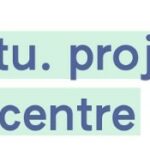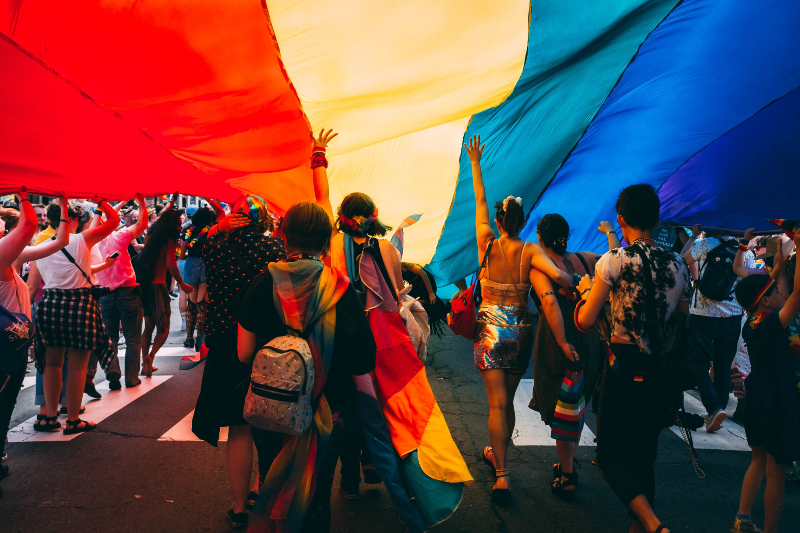ILGA-Europe is an independent, international non-governmental umbrella organisation uniting over 700 organisations from 54 countries across Europe and Central Asia. For the past 12 years, the organisation has produced an annual report that reviews the human rights situation of LGBTQ people across Europe and Central Asia.
The report reviewing the year 2022 has now been released and it finds that 2022 was the most violent year for LGBTQ people across the region since the report was first conducted.
Driving the rise in violence is a combination of planned attacks, suicides, and a rise in hate-speech from politicians, religious leaders, right-wing organisations, and media pundits.
The report highlights the continuing rise in hate-speech as a key factor in violent attacks on LGBTQ people. Significant attacks highlighted include two terror attacks outside LGBTQ bars in Norway and Slovakia – combined, these attacks killed four people and maimed 22. The report also finds that there has been an increase in murders and suicides of LGBTQ people across Europe, a trend that is not limited to those countries seen as more regressive in terms of equality.
“At ILGA-Europe, we have been saying for years now that hate speech in all its forms translates into actual physical violence…” says Evelyne Paradis, executive director of ILGA-Europe. “This year, we have seen that violence become increasingly planned and deadly, leaving LGBTI people feeling unsafe in countries across Europe. We have seen proof that anti-LGBTI hate speech is not just the words of marginal leaders or would-be autocrats, but a real problem with dire consequences for people and communities. This phenomenon is not only in countries where hate speech is rife, but also in countries where it is widely believed that LGBTI people are progressively accepted.”
The report finds that while hate speech and its consequences have reached critical levels, national and local courts are reacting and prosecutions are on the rise in several countries. But according to Paradis, reaction is not enough.
“While we are getting better at dealing with outcomes, the focus has to be on stopping hate speech in all its forms. Across Europe, many politicians have reacted with horror to the killings of LGBTI people this year, and while clear expressions of solidarity are always needed, it does not address the foundation of the problem, which is the proliferation of using hatred against LGBTI people for political gain. Our leaders need to find ways to proactively fight the rise of hate speech, rather than finding themselves in the position of reacting to its consequences.”
It is not all bad news. There has been much progress reported in several countries, with the Review consistently finding that it is activists and their communities who are driving positive social change and managing to push legal protection forward, despite organised opposition.
According to Katrin Hugendubel, Advocacy Director with ILGA-Europe:
“LGBTI activists are the central players in countries where progress has been made, as we’ve seen in Spain and Finland, where huge effort went into successfully keeping self-determined legal gender recognition on the right political track, despite fierce opposition…” says Katrin Hugendubel, advocacy director with ILGA-Europe. “This is true of every issue that affects LGBTI communities across the region, showing that LGBTI people and organisations remain empowered and continue to make change happen.”
You may also like
-

Vigna in Nice: Where Queer Books Breathe and Memories Live On
Right in the heart of Nice, there’s a bookshop where stories don’t just sit quietly
-

The BGS Winter Retreat: 12th Edition in Serre Chevalier
Every winter, a vibrant tapestry of familiar and new faces gathers from the BGS LGBTQIA+
-

“The Bundestag Is Not a Circus Tent”: Chancellor Merz Faces Backlash Over Rainbow Flag Refusal
German Chancellor Friedrich Merz is at the center of a political storm after backing the
-

Épicentre: Inclusive Health and Well-Being for All in Brussels
Located in the heart of Saint-Gilles, Brussels, Épicentre is a multidisciplinary center dedicated to care,
-

Daryacu: A Safe Haven in Brussels for the Marginalized and Vulnerable
In the heart of Saint-Josse, Brussels, a unique project is quietly making a big difference

